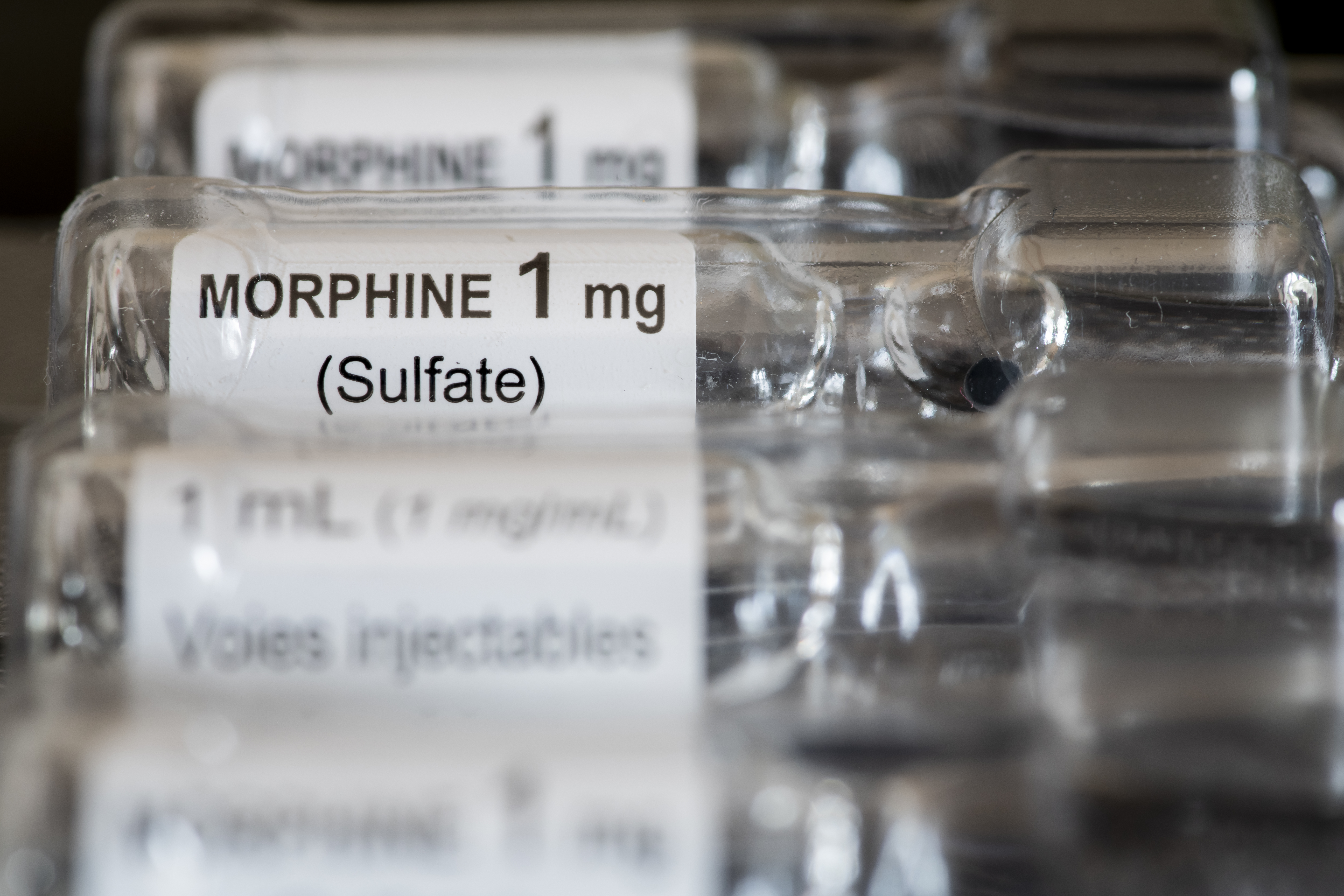Research suggests that vitamin D deficiency may promote sun-seeking behaviour in people and increase the risk of opioid addiction.
Opioids are commonly used for their analgesic effects in the management of pain. However, their highly addictive potential makes them a drug of misuse. Over time, the body builds a tolerance to the drug, causing people to increase the dose for the desired effect. Eventually, this results in opioid dependence and addiction. According to the World Health Organization (WHO), more than 70% of deaths from drug use in the world are related to opioids. قوانين الروليت Furthermore, opioid addiction often results in increased crimes, unemployment rates, and psychological trauma. Therefore, contributing factors to opioid use disorder is of great interest to researchers.
A recent study by researchers at Massachusetts General Hospital (MGH) investigated the role of vitamin D deficiency in the development of opioid addiction. They published their findings in the journal Science Advances.
Our goal in this study was to understand the relationship between vitamin D signalling in the body and UV-seeking and opioid-seeking behaviours.
Dr Lajos V. Kemény, lead author
In 2007, Dr David E. Fisher at MGH’s Cutaneous Biology Research Center conducted a study exploring the human addiction to seeking out ultraviolet (UV) rays. مراهنات For example, going to tanning salons or sunbathing. استراتيجية روليت Research has shown that UV exposure results in the skin producing endorphins. These hormones bind to the opioid receptors in the brain, resulting in a sense of happiness. However, UV exposure is a known carcinogen and results in an increased risk of skin cancer. So, what makes people engage in such behaviours?
The role of Vitamin D
Other than producing endorphins, UV exposure also results in the production of vitamin D in the body. Vitamin D is essential for the synthesis of bones and uptake of calcium. Therefore, Dr. Fisher suggests that engagement in sun-seeking behaviour may be driven by a desire to increase the synthesis of vitamin D in the body in cases of deficiency. Moreover, they predict that vitamin D deficiency may also contribute to opioid addiction by making the body more sensitive to its effects.
The team of researchers at MGH explored the effects of vitamin D in genetic mouse models. They compared normal mice with those deficient in vitamin D and observed their behavior in response to morphine. Results showed that in mice deficient in vitamin D, morphine had a greater response analgesic effect. Moreover, these mice also developed greater withdrawal symptoms when morphine was withdrawn.
Additionally, researchers also analyzed human health records. Patients with low vitamin D levels had a 50% higher chance than normal level people to use opioids. Whereas severely deficient people had a 90% higher risk.
We found that modulating vitamin D levels changes multiple addictive behaviours to both UV and opioids.
Dr Lajos V. Kemény, lead author
According to Dr Fisher, the study can offer a new way to help prevent and treat the opioid epidemic.
Reference:
Kemény, Lajos V., et al. “Vitamin D Deficiency Exacerbates UV/Endorphin and Opioid Addiction.” Science Advances, vol. 7, no. 24, 2021, doi:10.1126/sciadv.abe4577.




